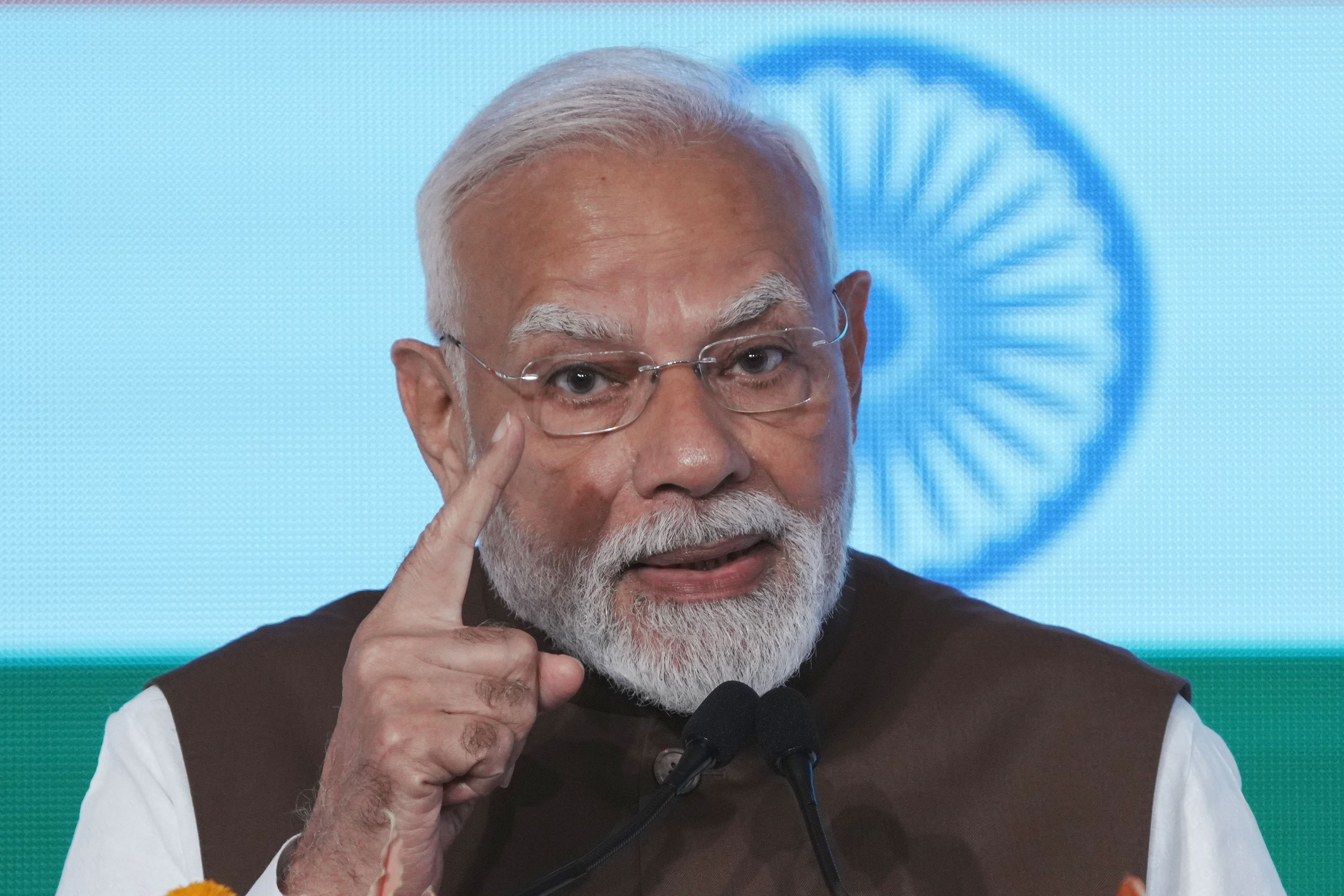The Significance of India-China Cooperation Amidst Global Economic Volatility
Economic Context and Prime Minister Modi’s Remarks
Amidst a climate of economic uncertainty, Indian Prime Minister Narendra Modi has emphasized the need for collaboration between India and China. Both countries, recognized as two major economies in the world, play pivotal roles in the global economic landscape. Modi’s recent assertions highlight this partnership as essential for fostering stability within the global economic order, especially in light of recent tensions manifesting through trade impositions.
The backdrop of Modi’s statements includes the recent imposition of a 50% tariff by the United States on Indian goods. This punitive measure is particularly notable as half of the tariff is identified as a consequence of India’s lucrative importation of Russian oil. In such a challenging environment, the Prime Minister believes that strengthening Indo-Chinese relations could counterbalance external economic pressures.
Upcoming Bilateral Meeting
A crucial component of this burgeoning relationship is Modi’s planned meeting with Chinese President Xi Jinping, set to unfold during the Shanghai Cooperation Organization (SCO) summit in Tianjin. Scheduled for Sunday, this bilateral dialogue is anticipated to provide a platform for both leaders to engage in meaningful discourse about their countries’ futures.
In previous dialogues, Modi has expressed readiness to elevate their bilateral ties, focusing on aspects of “mutual respect, mutual interest, and mutual sensitivity." These principles aim to pave the way for a robust relationship that not only addresses economic concerns but is also sensitive to each nation’s developmental challenges.
Historical Context of Relations
Reflecting on their past interactions, Modi noted the steady progress made since his last meeting with Xi in Kazan, Russia. Both nations have historically dealt with complexities in their relationship, but recent dialogues have shown a commitment to nurturing stable, predictable, and amicable ties. Modi argued that such relationships between the world’s two largest nations are vital for promoting peace and prosperity in both regional and global contexts.
A Multi-Polar World
The Prime Minister also underscored that India and China could significantly contribute to the concept of a multi-polar world, where multiple nations hold power and influence rather than a unipolar or bipolar dominance. This perspective is essential for the stability of Asia and the world at large. For Modi, fostering a cooperative spirit is not only beneficial for bilateral engagement but also critical in creating a balanced approach to global affairs.
Foreign Relations Dynamics
Despite the positive tone in Modi’s statements, the geopolitical landscape remains complex. During a special briefing conducted in Tokyo, foreign secretary Vikram Misri clarified that the topic of American tariffs didn’t come up during discussions between Modi and Japanese Prime Minister Shigeru Ishiba. Although India maintains a close relationship with Japan, it also balances its ties with the US and China carefully, navigating through the sensitivities venerated in international diplomacy.
Misri avoided speculation on the dynamics involving Washington and Beijing, but his cautious approach illustrates the delicate nature of India’s relationships. Notably, there remains an undercurrent of wariness between India and China on security matters, compounded by Japan’s own territorial disputes with Beijing.
Conclusion of Current Relations
As India prepares for this significant meeting, the focus remains on how both nations can not only mitigate current economic challenges but also strengthen underlying ties rooted in mutual respect and understanding. The upcoming SCO summit will serve as an important platform for discussing long-term strategies that could redefine bilateral relations and contribute to a more stable global environment.



